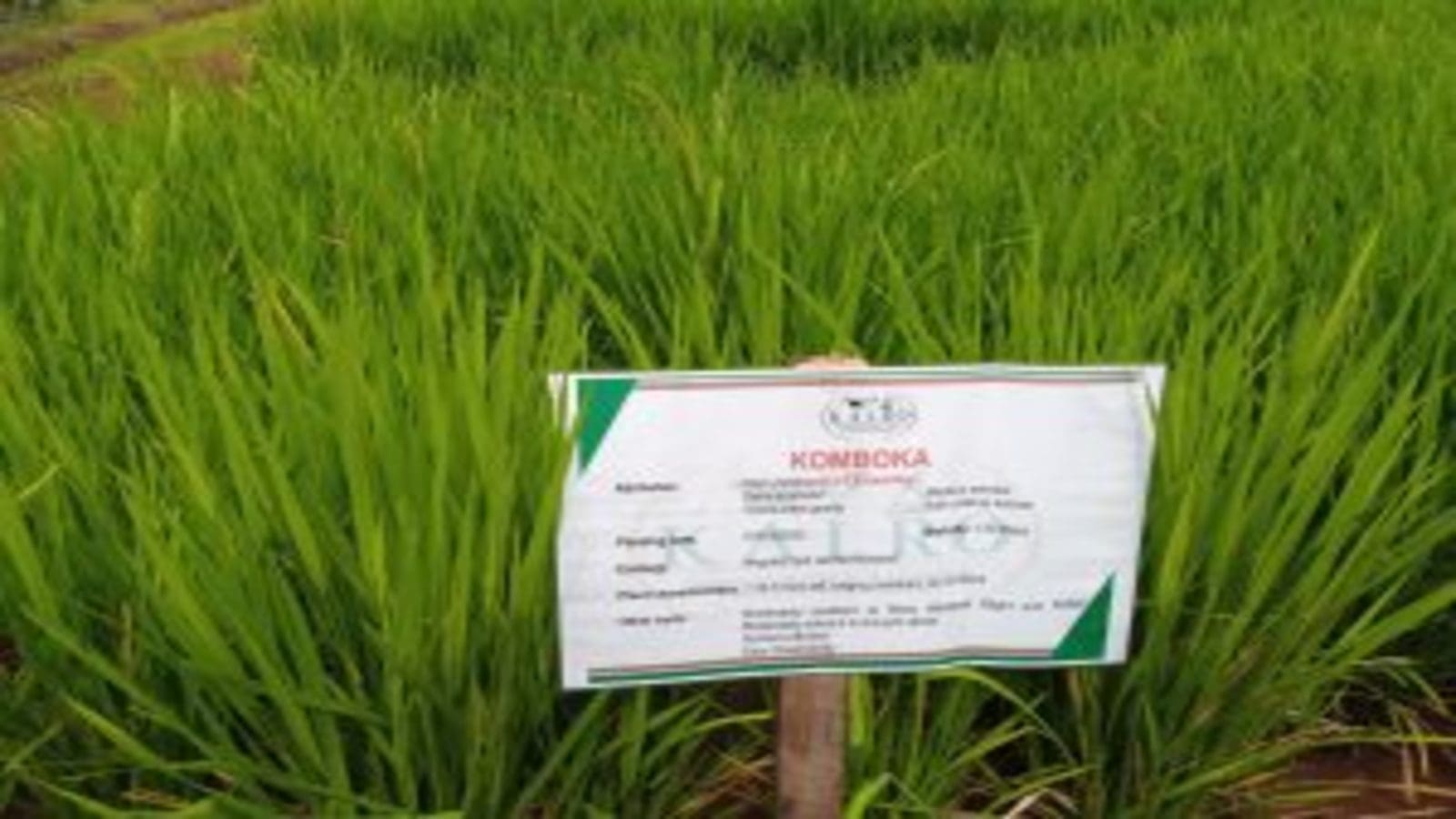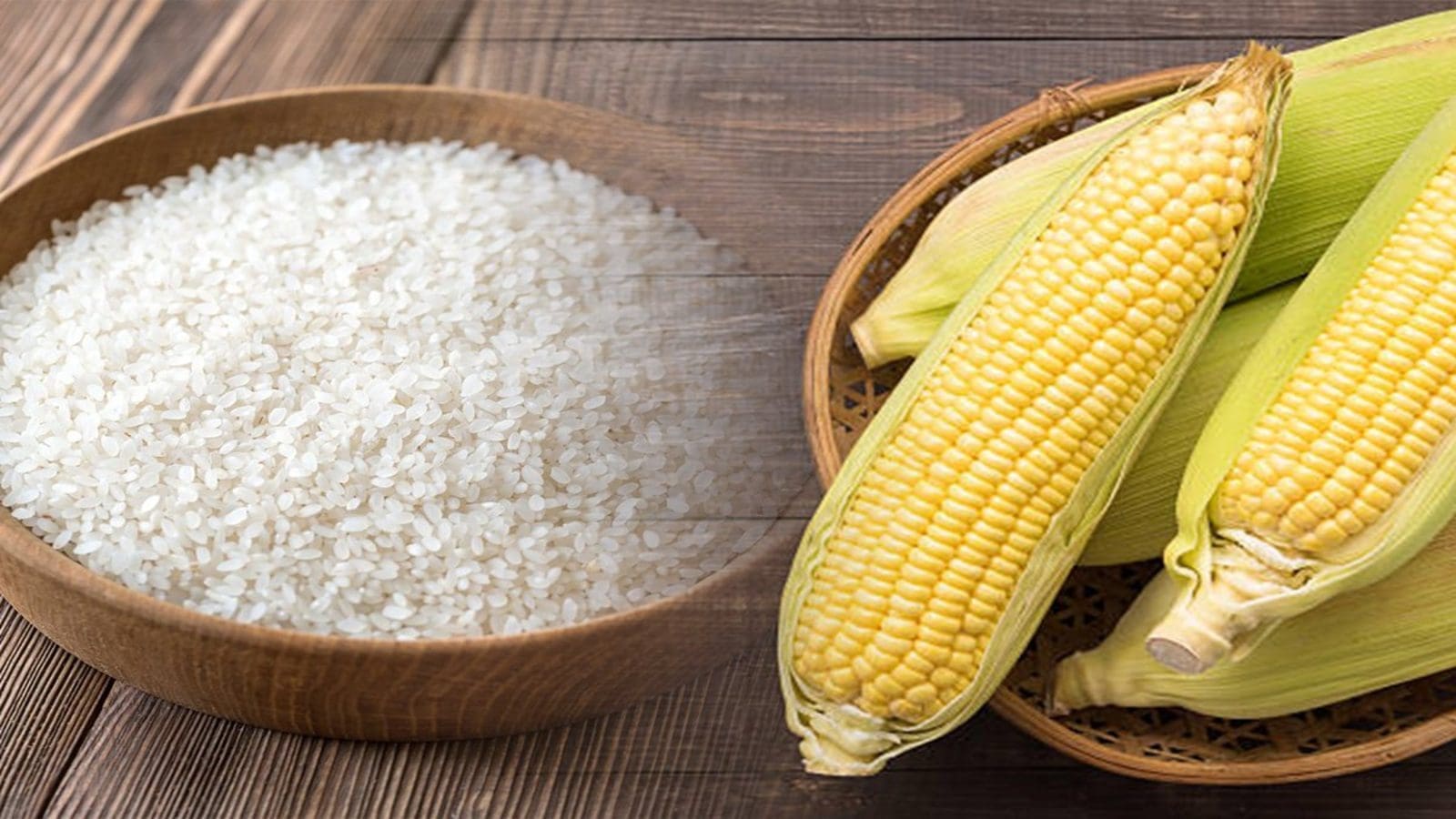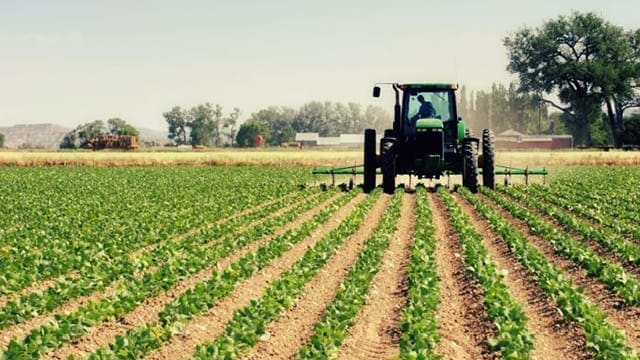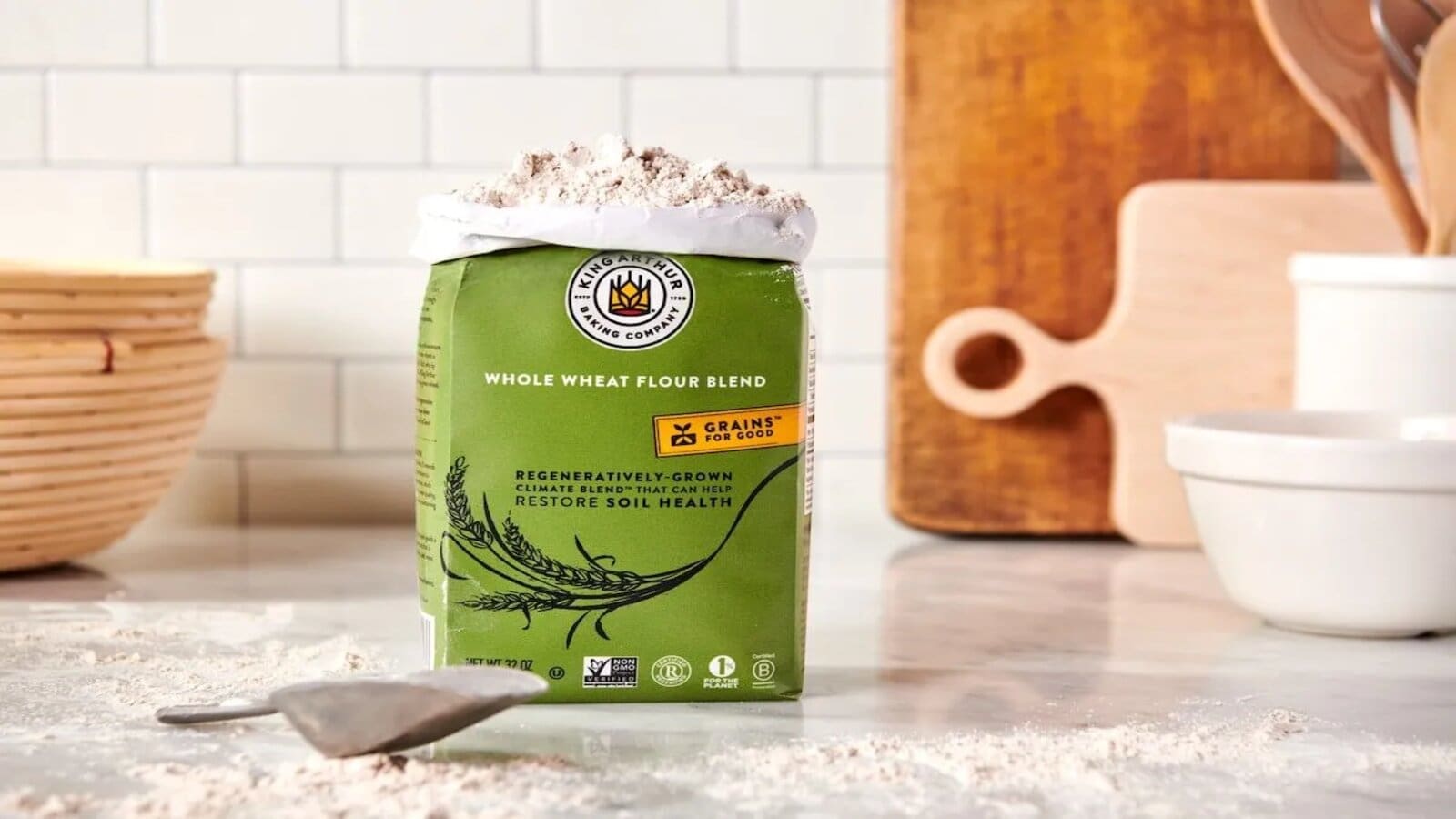KENYA-The Kenya Agricultural and Livestock Research Organization (KALRO) is conducting trials for new climate-smart high-yielding rice varieties in a bid to bolster food production in the country
The CSR36 rice variety which is long slender grain, non-sticky rice that separates on cooking has passed the National Performance trials and is now under distinctiveness; uniformity and stability test was displayed to Tana River farmers.
The grains have aromatic attributes that match the consumer preference for milled white rice in Kenya. In addition to better cooking characteristics, the CSR36 variety is climate-smart and high yielding in that it can be grown in saline-sodic soils (soils with Ph levels more than 8.5).
“This offers an opportunity to utilize the salt-affected areas for rice production and to increase rice production significantly, hence setting the country free from the ballooning rice imports,” said Dr. Eliud Kireger, KALRO Director General.
Raphael Kitonyi from the State Department for Crop Development said since 2008 Kenya has prioritized rice as food security coupled with a rice development strategy that is aimed at making the country rice sufficient by 2030.
GM crops safe for human and animal consumption
Still on innovation and food security, as the country deliberates on the recently lifted ban on genetically modified (GM) crops, government agencies have given assurance to the public that locally produced BT maize is fit for human and animal consumption.
This comes after attempts by the government to introduce GM crops into the country to supplement food reserves and ease competition for food with livestock met opposition from rights groups despite the country making a big leap in research and development of BT maize varieties.
Recently, the government allowed the importation of duty-free maize and rice to plug deficits following the worst drought that hit the country last year.
However, the decision was rebuffed by the High Court a month later in November citing criticism by various rights groups.
But researchers continue to push for approval of the GM maize to allow KALRO to release the seeds and license seed manufacturers to multiply them provided they pay a 2pc royalty.
The National Biosafety Authority (NBA) Chief Executive Officer Dr. Roy Mugiira has assured the public that the locally produced BT maize variety by KALRO) is safe for human and animal consumption.
Should the government successfully appeal the court order, the KALRO will proceed with bulking the seeds with growers for purposes of seed multiplication and farmer education.
For all the latest food industry news from Africa and the World, subscribe to our NEWSLETTER, follow us on Twitter and LinkedIn, like us on Facebook and subscribe to our YouTube channel.










